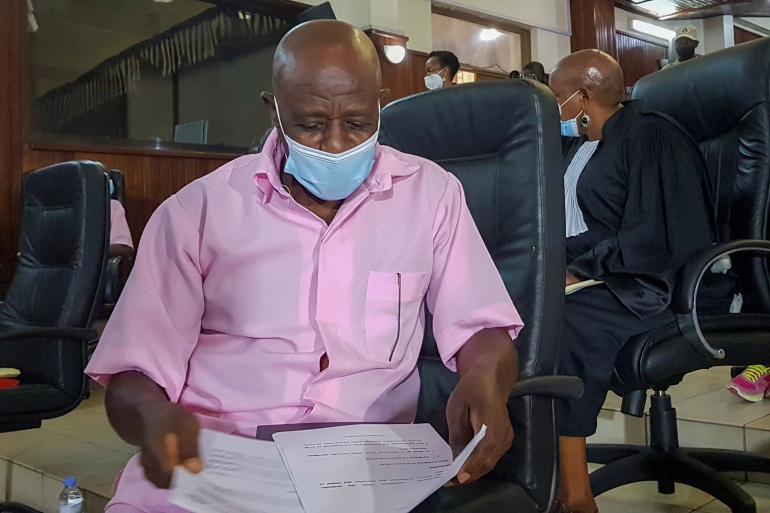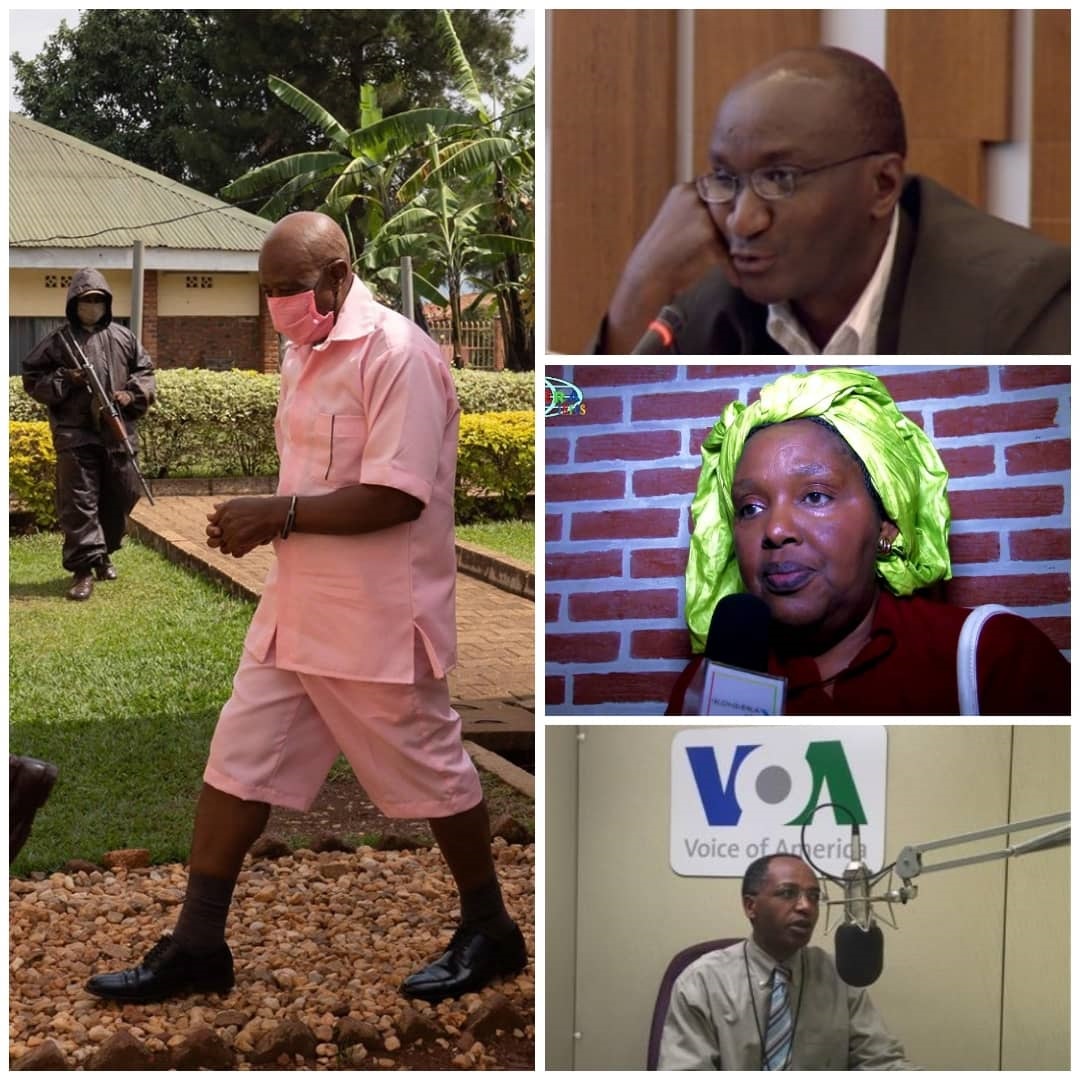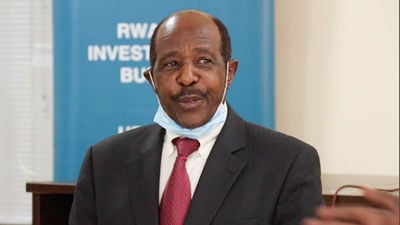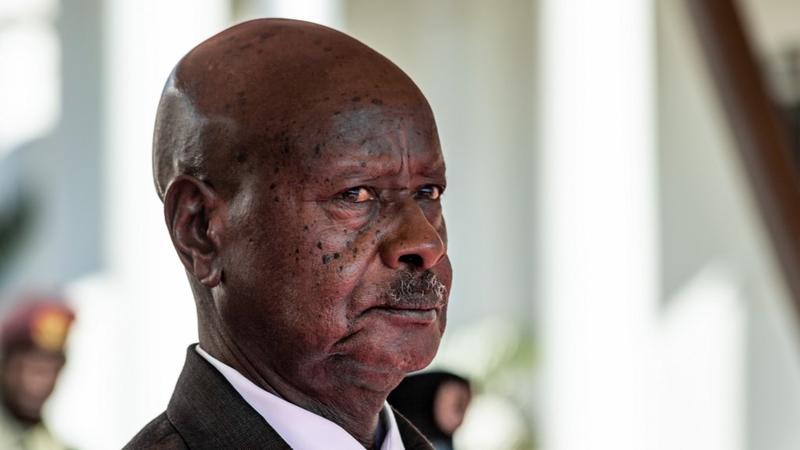Regional
How giving back to community boosted Rwanda's gorilla conservation effort
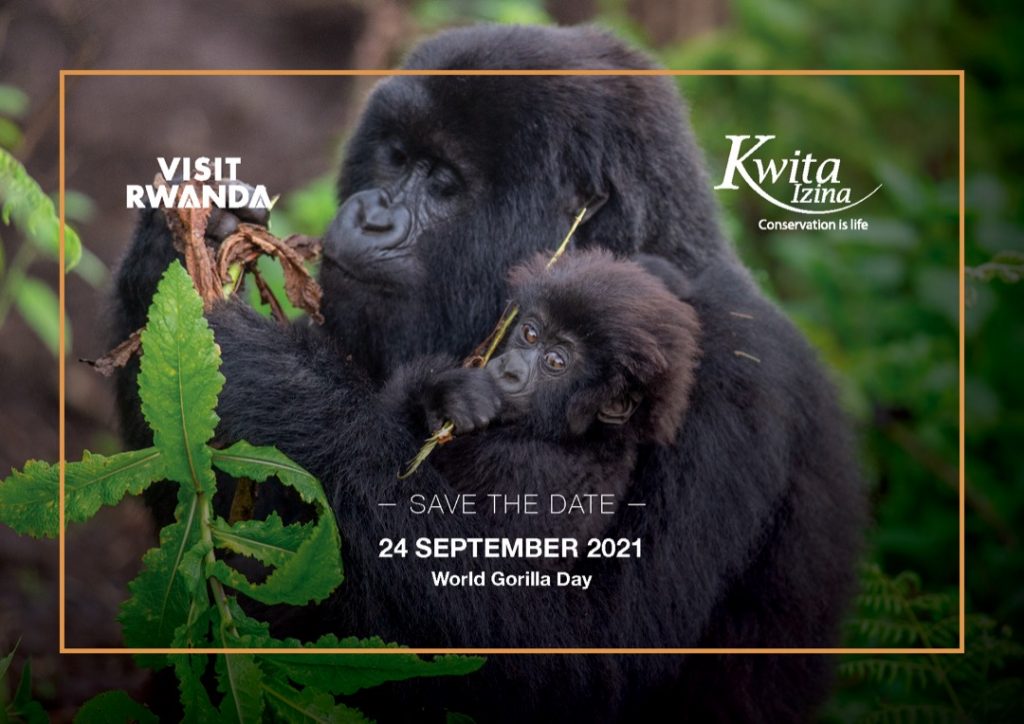
Mountain gorillas are among the most
endangered species in the world because they are subjected to uncontrolled
hunting, disease, habitat loss and ravages of human conflict. But thanks to the
conservation efforts by the government of Rwanda, their population has steadily
grown.
These majestic animals are currently Rwanda’s
major cash cow by way of attracting high-end tourists from all over the world.
They are the most celebrated of all other thrilling attractions that our nature
has on offer to the world.
However, what is probably less talked about
in terms of deliberate strategies laid out by the government was the
galvanizing of community support towards the conservation of these rare apes.
Part of these efforts is the prodigious
revenue sharing scheme. Proceeds from tourism are shared with the communities
around the parks as an incentive to bring these communities on board towards
conserving nature.
Through the Tourism Revenue Sharing (TRS)
programme, the government shares 10 per cent of the total park revenues with
the communities living around the parks.
As a result, the communities previously used
by poachers to hunt down these rare species became their guardian angels. In
Rwanda, the story of the Mountain Gorilla conservation effort is captivating.
These rare species have for years built a rock solid friendship and trust with
the human population that surrounds them. People in Kinigi sector, Musanze
district, describe these friendly species as their loyal and happy neighbors.
This is no myth but reality.
Here is why. Through the revenue sharing
programme, the communities became great partners in wildlife conservation and
therefore prevent poaching and encroaching on their precious gorillas’ habitat.
In 2005, Rwanda began naming mountain
gorillas in what has become one of the world’s most important celebrations of
nature. Since then, 328 mountain gorillas have been named.
The Kwita Izina ceremony, modelled off a centuries old tradition in which Rwandans name their children in the presence of family and friends, is an opportunity to thank the communities that live around Volcanoes National Park, the vets and dedicated conservationists, rangers, trackers and all those who protect the gorillas.
Since 2005, the government of Rwanda invested
more than Rwf6.5 billion, (around $6.5 million) in community projects in key
sectors such as agriculture, infrastructure and education. This continues to
benefit the communities living near the parks.
The people of Musanze - the happy neighbours of the Mountain Gorilla - are the biggest beneficiaries of these projects. This year alone, despite all the challenges faced by the tourism sector, the Government of Rwanda is investing Rwf700 million (around $700,000) to community projects under the revenue sharing programme.
The formula is simple and fascinating. The
Government of Rwanda invests 10% of its tourism revenue back in the communities
who live nearby the national parks. The result of this great initiative is
striking. The number of Mountain Gorillas in Rwanda’s Volcanoes National Park,
the happy gorillas’ habitat has increased considerably.
From barely around 500 Mountain Gorillas a
decade ago, to date, there exists around 1,000 in the wild, with 604 of them
living in the Virunga massif. The Volcanoes National Park is their safe heaven
thanks to concerted conservation efforts between the government of Rwanda, the
community and local NGOs.
From the 12 gorilla families currently living
in the park, tourism revenue from the primates increased year by year. In 2020,
Rwanda reported an increase of 17% in its tourism revenue thanks to the fact
that trekking had become increasingly popular. Gorilla trekking accounted for
14% of the $498 million the country earned from the sector.
The government of Rwanda targets boosting
revenue from Gorilla trekking to $800 million by the year 2024. Courtesy of the
scheme, nearby communities have schools, health centres, roads, are connected
to electricity and other important developments so far registered are from
tourism revenue.


